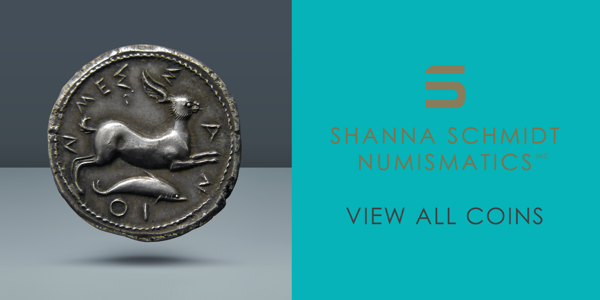
PREV ARTICLE
NEXT ARTICLE
FULL ISSUE
PREV FULL ISSUE
BASIS: THE STABLE CRYPTO-COINThis May 1, 2018 article from Vice discusses a startup's plan for a stable cryptocurrency built on a virtual "central bank" that regulates and attempts to control wild price swings
in the currency's value. -Editor
 Cryptocurrencies came into being with an anti-bank fervor that still runs hot in the technology community. Libertarians see Bitcoin and the rest as an alternative to fiat money controlled by financial institutions and the government. But the quest to create a cryptocurrency with a stable $1 value—a so-called "stable coin"—has startups acting like banks. For cryptocurrencies, extreme price volatility remains a huge problem and has already caused some big players to back off. For example, volatility was cited by mobile payment company Stripe in its decision to drop support for Bitcoin in January, and by Steam (the largest online retailer for video games) when it did the same in December. It's easy to understand why. The dollar value of one bitcoin today can't be counted upon for tomorrow, either because the price skyrockets unpredictably, or it suddenly tanks. The first scenario isn't a problem for most people, but the second is dangerous for any business holding cryptocurrency, which may suddenly find that it traded real goods for worthless digital tokens. All of the other problems with Bitcoin and cryptocurrencies writ large—that they're inefficient, expensive, and so on—pale in comparison to the simple fact that nobody wants to use money they can't depend on. The creation of a "stable coin," a cryptocurrency that can hold its value and be used as a digital stand-in for the US dollar, has long been seen as an innovation as fantastical and mythic as the holy grail of Arthurian legend. Now, several startups are pursuing this goal with varying levels of success and big names in tech are paying attention. Last week, New York City-based startup Intangible Labs announced that it received a $133 million round of funding from big-name investors like Bain Capital and GV, Google's venture capital arm, to create a stable coin called Basis. Stable coins claim to solve some of the biggest issues with cryptocurrencies today, so it's no surprise they're attracting interest and investment—even if the startups behind them are acting a bit like banks did in the literal Wild West by issuing currencies backed by their own assets, or like central banks today by managing money supply. According to experts I spoke with, it all seems too good to be true. How is a stable coin supposed to work? The first approach to stabilizing a cryptocurrency is what Song described in our phone call as the "we have the money" method. Imagine that Scrooge McDuck wanted to stick it to the US government and issued his own banknotes like it was the 1800s. One DuckBuck is equal to one gold coin stored in Scrooge's personal vault, and can be redeemed at any time. Everyone in Duckburg has seen Scrooge diving into his mountain of gold in his skivvies, and so everyone knows that Scrooge is good for it. Thus, everyone trades DuckBucks safe in the knowledge that one DuckBuck will equal one gold coin for as long as Scrooge has a pile of gold. Other approaches to creating a stable coin, Song said over the phone, are "even more similar to central banking except they're using market forces to [stabilize the coin] and they have all sorts of incentives." The best example of this so far is Basis, the project by Intangible Labs that received $133 million in investment funding from established sources including Google's venture capital wing. Indeed, the white paper for Basis proclaims that the startup will keep the price stable with an "algorithmic central bank" and openly invites comparisons to the US Fed. The company's FAQ argues that a currency can be stable without the backing of a tangible asset. Instead of backing a token with its own cash reserves like Tether, or collateral from a portion of users like MakerDAO, Basis will constantly manipulate the market dynamics of its token with a complex system of incentives involving the basis token itself, but also "shares" and "bonds." "This stable coin is based on the idea that you can have an asset that's totally free-floating, which isn't backed 1:1 by its mirror image, and that you can create a bunch of arrangements around it that ensure you can always convert it," Byrne said over the phone. "It's just not how the world works. It's not how risk works, and it's not how financial assets work," he said, adding that Basis' bonds are not really bonds. Confused? Well, that's what happens in a period of rapid change. Lots of ideas are tried and fail, but eventually as something seems to start to work more people and companies rally around it.
It's still the Wild West days of digital finance. Put on your seat belt - it's gonna be a bumpy ride. -Editor
To read the complete article, see:  Wayne Homren, Editor The Numismatic Bibliomania Society is a non-profit organization promoting numismatic literature. See our web site at coinbooks.org. To submit items for publication in The E-Sylum, write to the Editor at this address: whomren@gmail.com To subscribe go to: https://my.binhost.com/lists/listinfo/esylum All Rights Reserved. NBS Home Page Contact the NBS webmaster 
|